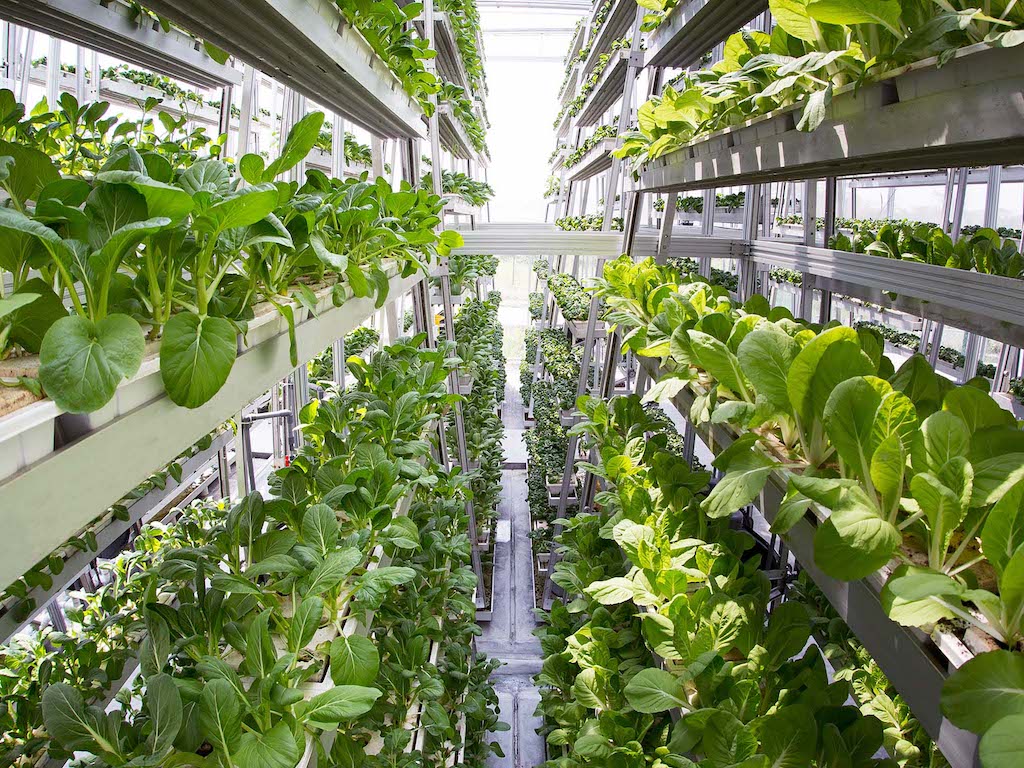2 Mins Read
Southeast Asian agri-food tech accelerator GROW has recently launched a new program focused on boosting Singapore’s food security. Startups across Asia working on climate-resilient, decentralised and sustainable food solutions can now apply for the Singapore Food Bowl program. It comes in the midst of the coronavirus pandemic, which has exposed the vulnerability of the global food chain.
AgFunder’s Southeast Asian food tech accelerator GROW is now inviting startups across Asia-Pacific to join its newly launched food security focused program, Singapore Food Bowl, which will be supported by Enterprise Singapore and Dole Packaged Foods.
The 12-week program will give startups access to AgFunder’s network of nearly 80,000 members and subscribers, with the opportunity of securing investment from AgFunders and its partners. Applications for the program will be open until June 7 this year.
Singapore Food Bowl’s central aim is to help build a more climate-resilient and decentralised food system to shield the city from coronavirus pandemic-induced external supply shocks. Restrictions on population movement and export bans and tariffs have taken a toll on global food supply chains and raised concerns about food shortages and rising prices.
While the city-state has made plans to boost its local production capacity from less than 10% to 30% by 2030 as a part of its “30 by 30” campaign prior to the pandemic, the government recently decided to invest a further SGD30 million (US$21 million) to promote domestic output.
Due to the shortage of land in Singapore, which is the second most densely populated country in the world, its vision of achieving food self-sufficiency will only be possible with technological innovations such as vertical farming, alternative plant-based and cultivated proteins and digitalising supply chains.
GROW’s Singapore Food Bowl represents the first agrifood accelerator program that is directly tied to a governmental policy agenda with its specific target of helping regional entrepreneurs to scale-up and commercialise new sustainable food solutions.
“Through our engagement with the local ecosystem, we hope to find solutions to help us solve many of the challenges our industry is facing – including equitable living and yield predictions for farmers, zero waste in our supply chain, new, innovative, sustainable packaging solutions and more,” said Pier Luigi Sigismondi, president of Dole Packaged Foods, which is backing the program.
A number of homegrown agritech startups in Singapore are already working on some of these solutions. Sustenir, for instance, is producing crops in lab-controlled vertical farms powered by artificial intelligence and LED lighting. Not only will this help reduce Singapore’s dependence on food imports, it will also mean fewer carbon emissions and food wastage with shorter transportation.
Alternative meat startups in Singapore have also produced groundbreaking achievements, including Shiok Meats’ lab-grown shrimp, TurtleTree Labs’ cell-based dairy and human breast milk, NamZ’s nutritious and climate resistant noodles, and Karana’s whole food plant-based meat alternative made from young jackfruit.
Want more sustainability news in Singapore? Read more here.
Lead image courtesy of Sky Greens.



